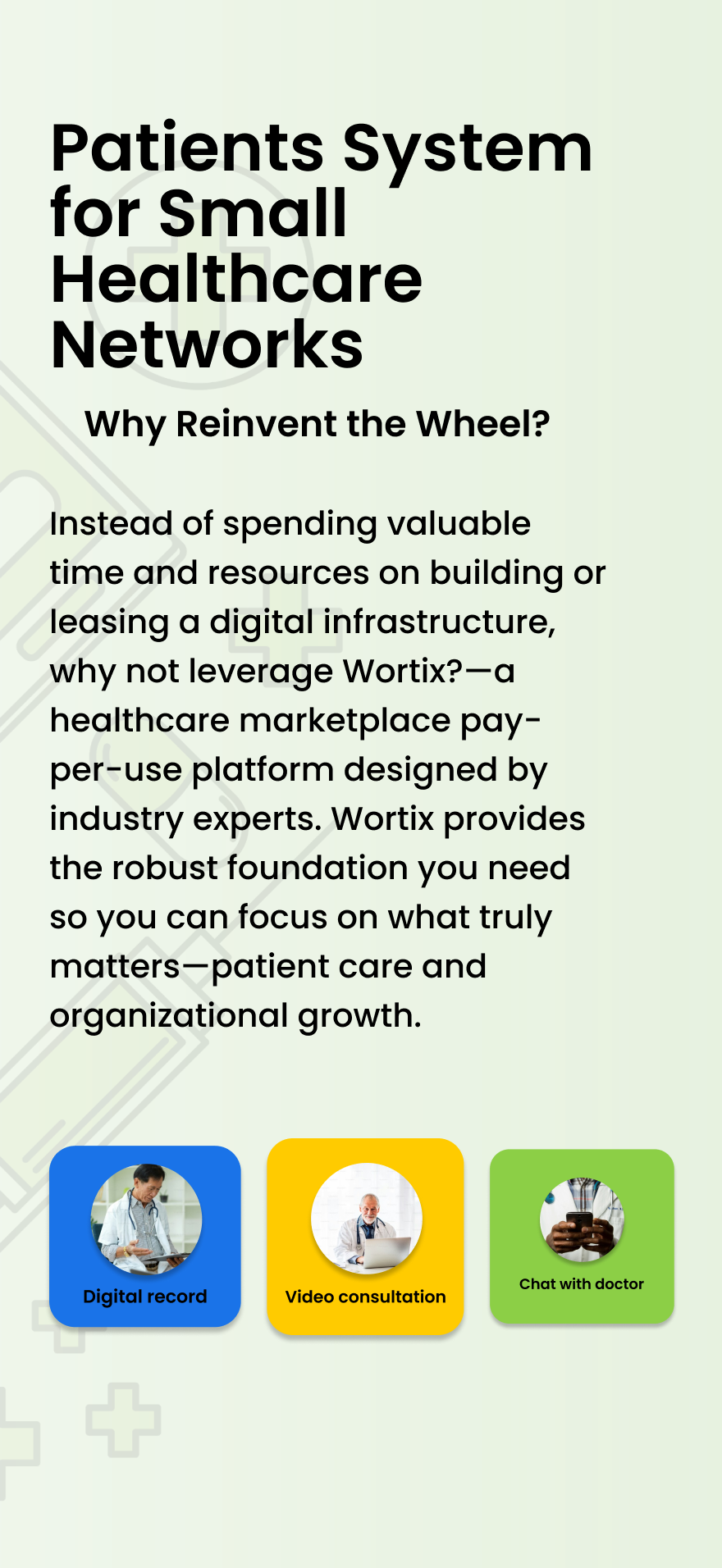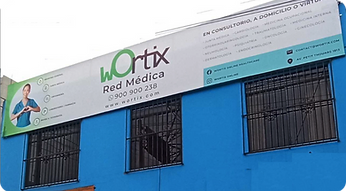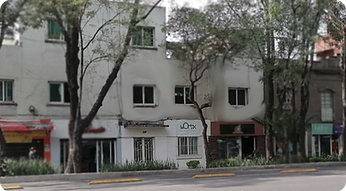Rural hospitals have long been the lifeline of healthcare for millions of Americans living in remote areas. However, in recent years, the United States has seen a disturbing trend: an increasing number of rural hospitals are closing their doors. This phenomenon has far-reaching implications, not only for the communities directly affected but also for the broader healthcare system. In this blog post, we will explore the reasons behind these closures, the impact on rural communities, and how innovative solutions, including those offered by Wortix, can help address this growing crisis.
Understanding the causes of rural hospital closures
Financial Strain and Low Patient Volume
One of the primary reasons rural hospitals are closing is financial instability. According to the National Rural Health Association (NRHA), nearly 60% of rural hospitals operate at a loss, making it increasingly difficult to maintain operations. The combination of low patient volumes, high rates of uninsured patients, and reliance on government reimbursements, which are often lower than the cost of care, puts immense financial pressure on these facilities.
For example, the Cecil G. Sheps Center for Health Services Research at the University of North Carolina reports that since 2010, over 130 rural hospitals have closed across the U.S., with many more at risk. The low patient volume means that these hospitals cannot generate enough revenue to cover operating costs, leading to a vicious cycle of declining services and eventual closure.
Aging Infrastructure and High Operating Costs
Many rural hospitals were built decades ago and now require significant investments in infrastructure and technology to meet modern healthcare standards. However, the high cost of upgrading facilities and implementing new technologies, such as electronic health records (EHR) systems, is prohibitive for many rural hospitals. The American Hospital Association (AHA) notes that the average rural hospital needs over $32 million in capital improvements, but often lacks the financial resources to make these investments .
Challenges in Recruiting and Retaining Healthcare Professionals
Rural hospitals also face significant challenges in attracting and retaining qualified healthcare professionals. The shortage of physicians, nurses, and specialists in rural areas exacerbates the problem, as these hospitals struggle to provide a full range of services. A study by the National Rural Health Association found that rural areas have 39.8 primary care physicians per 100,000 people, compared to 53.3 in urban areas. This shortage not only impacts patient care but also makes it difficult for rural hospitals to remain financially viable.
The Impact of Rural Hospital Closures on Communities
Reduced Access to Healthcare
The closure of a rural hospital has a profound impact on the community it serves. Rural residents often rely on their local hospital for primary care, emergency services, and specialized treatments. When a hospital closes, patients are forced to travel longer distances to receive care, which can delay treatment and lead to poorer health outcomes. According to the Sheps Center, the average distance to the nearest hospital increases by 20 miles when a rural hospital closes.
Economic Consequences for Rural Areas
Rural hospitals are often one of the largest employers in their communities, providing jobs and supporting local economies. When a hospital closes, the economic impact is significant. The NRHA estimates that a single rural hospital closure can lead to a loss of $5 million to $10 million in annual revenue for the community, as well as the loss of hundreds of jobs. This economic downturn can create a ripple effect, leading to further population decline as residents move to areas with better access to healthcare and job opportunities.
Increased Health Disparities
The closure of rural hospitals exacerbates existing health disparities between rural and urban populations. Rural residents already face higher rates of chronic diseases, such as diabetes and heart disease, and have lower life expectancies compared to their urban counterparts. The loss of local healthcare services only widens this gap, as patients in rural areas are less likely to seek preventive care and more likely to experience delays in receiving treatment.
What happens to a community when a rural hospital closes?
When a rural hospital closes, the community loses access to local healthcare services, experiences significant economic decline, and faces increased health disparities.

Innovative Solutions to Address Rural Hospital Closures
The Role of Technology in Supporting Rural Healthcare
Technology offers a path forward for struggling rural hospitals. Telemedicine, for example, allows rural patients to access specialist care without the need to travel long distances. Additionally, electronic health records (EHR) systems can improve the coordination of care and reduce administrative burdens, making it easier for rural hospitals to manage their operations efficiently.
Partnerships and Collaborative Networks
Another effective strategy for keeping rural hospitals open is forming partnerships with larger healthcare systems. Collaborative networks allow rural hospitals to share resources, access specialized care, and benefit from economies of scale. For instance, by joining a network, a rural hospital might gain access to shared services such as billing, human resources, and IT support, which can help reduce costs and improve efficiency.
Policy Interventions and Financial Support
Policy interventions at the federal and state levels are also critical in addressing the rural hospital closure crisis. Increased funding for rural healthcare, changes to reimbursement models, and targeted grants for infrastructure improvements can provide the financial lifeline that many rural hospitals need. For example, the Rural Emergency Hospital (REH) model, introduced by the Centers for Medicare & Medicaid Services (CMS), offers a new payment model designed to help rural hospitals remain financially viable by focusing on emergency care and outpatient services .
How can technology help prevent rural hospital closures?
Technology, such as telemedicine and advanced IT solutions like Wortix’s SaaS platform, can help rural hospitals reduce costs, improve patient care, and modernize their operations, making them more sustainable in the long term.
Final thoughts
The closure of rural hospitals in the U.S. is a growing crisis that requires urgent attention. Financial instability, aging infrastructure, and a shortage of healthcare professionals are the primary drivers of these closures. However, there are solutions available that can help mitigate these challenges.
By embracing technology, forming collaborative networks, and advocating for policy changes, rural hospitals can continue to serve their communities and provide essential healthcare services. Wortix’s innovative SaaS platform represents one such solution, offering rural hospitals the tools they need to thrive in an increasingly complex healthcare landscape.
For more information or to discuss your current digital infrastructure, contact us today.
Sources consulted:















